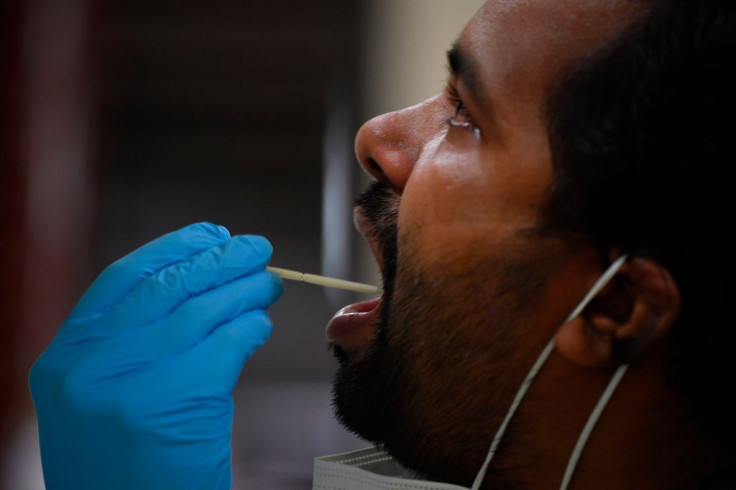Coronavirus cases continue to escalate and efforts to control them remain. The usual norm is to undergo the usual nasal and throat swabs to properly detect the virus. However, a new method for detecting the coronavirus has been suggested in anal swabs.
The new method from China does expand ways to determine if a person is afflicted with COVID-19. However, it is not spared for criticism even if there are claims that it is more accurate. A reason for this is that experts feel that the respiratory system is still the most efficient since this is where the coronavirus is contracted – not the digestive system according to a pathologist at Wuhan University, Yang Zhanqiu via the Global Times.
"There have been cases concerning the coronavirus testing positive in a patient's excrement, but no evidence has suggested it had been transmitted through one's digestive system," he explained.
Regardless, it should be noted that anal testing has been done on only a select number of groups. It is performed on people who are at high risk and people in quarantine.
Aside from that, some people who arrive in Beijing are subject to anal testing as well as some school children and teachers who are believed to have been exposed to the virus, Forbes reported.
But as most know, this is a pretty inconvenient method. If a stool sample cannot be collected, a saline-soaked cotton swab measuring roughly 1 to 2 inches long is inserted into an individual’s anus. The sample is then tested for active traces of the virus.
The introduction of anal swab testing should help address the worsening coronavirus situation but not all are welcome to be subject to it. Regardless, deputy director of the respiratory and infectious diseases department at Beijing Youan Hospital Li Tongzeng bats that these tests could be more accurate in detecting the virus compared to nasal or throat testing.
He added that the virus lives longer in excrement or the anus than in the respiratory tract. This hints that anal testing might result in lesser false negatives.

© 2025 Latin Times. All rights reserved. Do not reproduce without permission.





